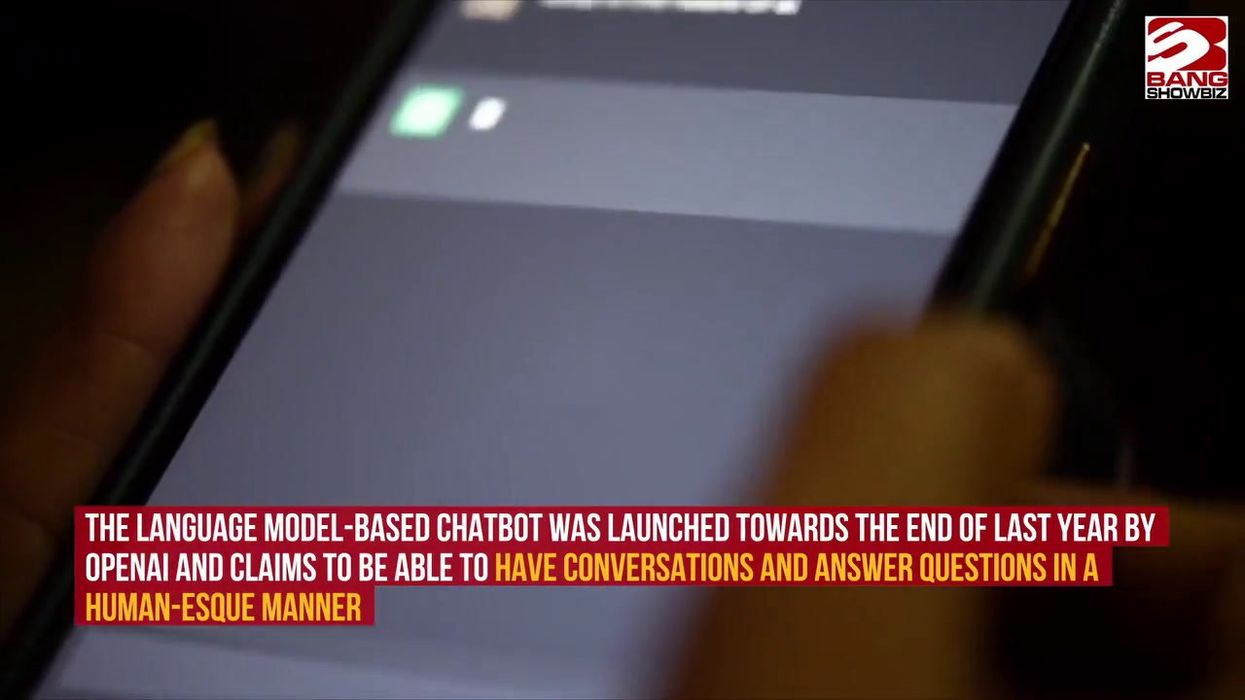Jam Press Reporter
Aug 25, 2023
Study finds that ChatGPT shows 'left-wing bias'
Robots could soon take over doctors’ jobs, according to experts.
A recent study found that AI technology was able to accurately diagnose patients in a healthcare setting.
Investigators found the controversial model ChatGPT to be nearly 72 per cent accurate in making clinical decisions. It was also 77 per cent accurate in making final diagnoses.
It was able to come up with possible diagnoses, final diagnoses and care management decisions.
The artificial intelligence chatbot was found to perform equally well in both primary care and emergency settings. Researchers at Mass General Brigham in Boston, Massachusetts conducted the study.
They tested how ChatGPT would be able to work through an entire clinical encounter with a patient. This included recommending a diagnostic workup, deciding the clinical management course, and ultimately making the final diagnosis.
It was tested by putting 36 published clinical descriptions into ChatGPT. Patient gender, age and symptoms were put into the language model. ChatGPT was then given further information and asked to make management decisions and a final diagnosis. This simulates the process of seeing a real patient.
However, scientists also found it was less accurate - 60 per cent - at making several possible diagnoses.
Co-author Marc Succi said: “Our paper comprehensively assesses decision support via ChatGPT from the very beginning of working with a patient through the entire care scenario, from differential diagnosis all the way through testing, diagnosis, and management.
”No real benchmarks exist, but we estimate this performance to be at the level of someone who has just graduated from medical school, such as an intern or resident.
”This tells us that LLMs in general have the potential to be an augmenting tool for the practice of medicine and support clinical decision making with impressive accuracy.”
The research team say they will soon be looking at whether AI tools can improve patient care and outcomes in resource-constrained areas of hospitals.
Sign up for our free Indy100 weekly newsletter
Have your say in our news democracy. Click the upvote icon at the top of the page to help raise this article through the indy100 rankings.
Top 100
The Conversation (0)














